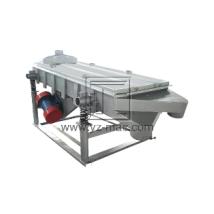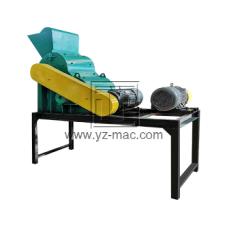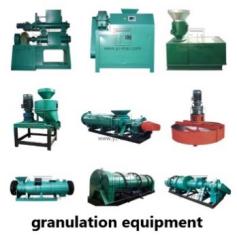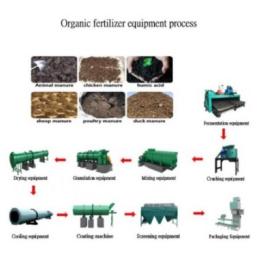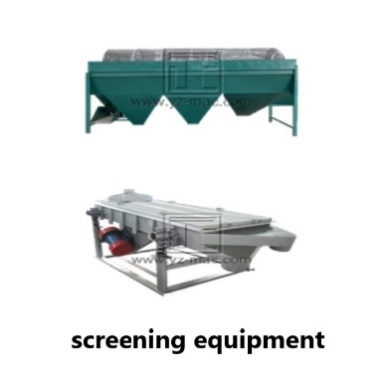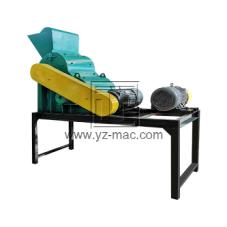Machine for making compost
A machine for making compost is a valuable tool in the process of transforming organic waste into nutrient-rich compost. With its advanced capabilities, this machine accelerates decomposition, improves compost quality, and promotes sustainable waste management practices.
Benefits of a Machine for Making Compost:
Efficient Decomposition: A machine for making compost facilitates faster decomposition of organic waste materials. It creates an optimized environment for microorganisms to break down the waste, resulting in the production of compost in a shorter time span.
Enhanced Compost Quality: By providing the ideal conditions for decomposition, a compost-making machine ensures the production of high-quality compost. The machine helps maintain optimal moisture, temperature, and aeration levels, resulting in compost that is rich in nutrients and beneficial microorganisms.
Waste Reduction and Recycling: Utilizing a compost-making machine allows for effective waste reduction and recycling. It helps divert organic waste from landfills, reducing greenhouse gas emissions and contributing to a more sustainable waste management system.
Versatility in Input Materials: A machine for making compost can handle a wide range of organic waste materials, including kitchen scraps, yard trimmings, agricultural residues, and more. This versatility enables the transformation of diverse waste streams into valuable compost.
Key Features of a Machine for Making Compost:
Mixing and Turning Mechanism: The machine should feature an efficient mixing and turning mechanism to ensure thorough blending of organic waste materials. This promotes even decomposition and uniform distribution of nutrients throughout the compost pile.
Temperature and Moisture Control: Look for a compost-making machine that offers temperature and moisture control features. This allows for the adjustment of these factors to create an optimal environment for microbial activity and decomposition.
Aeration System: Adequate airflow is crucial for successful composting. A machine with an effective aeration system ensures proper oxygenation of the compost pile, facilitating aerobic decomposition and minimizing odors.
Safety Features: Consider machines that include safety features such as emergency stop buttons, protective covers, and sensors to prevent accidents and promote safe operation.
Applications of a Machine for Making Compost:
Municipal and Industrial Composting Facilities: Machines for making compost are commonly used in large-scale municipal and industrial composting facilities. These machines efficiently process significant volumes of organic waste, turning them into valuable compost for use in agriculture, landscaping, and horticulture.
Commercial Agriculture: Compost-making machines are essential in commercial agriculture for the production of nutrient-rich compost. The compost produced can be used to improve soil health, enhance crop growth, and reduce reliance on chemical fertilizers.
Community and Small-scale Composting: Machines for making compost are also suitable for community-scale and small-scale composting initiatives. These machines allow for efficient transformation of organic waste generated by schools, community gardens, restaurants, and small farms into compost for local use.
A machine for making compost is a valuable asset in the process of transforming organic waste into nutrient-rich compost. With its benefits of efficient decomposition, enhanced compost quality, waste reduction, and versatility, this machine plays a significant role in sustainable waste management practices. When choosing a compost-making machine, consider key features such as mixing and turning mechanisms, temperature and moisture control, aeration systems, and safety features. Whether in municipal facilities, commercial agriculture, community initiatives, or home composting, a machine for making compost contributes to the production of high-quality compost, promoting soil health, and reducing environmental impact.



